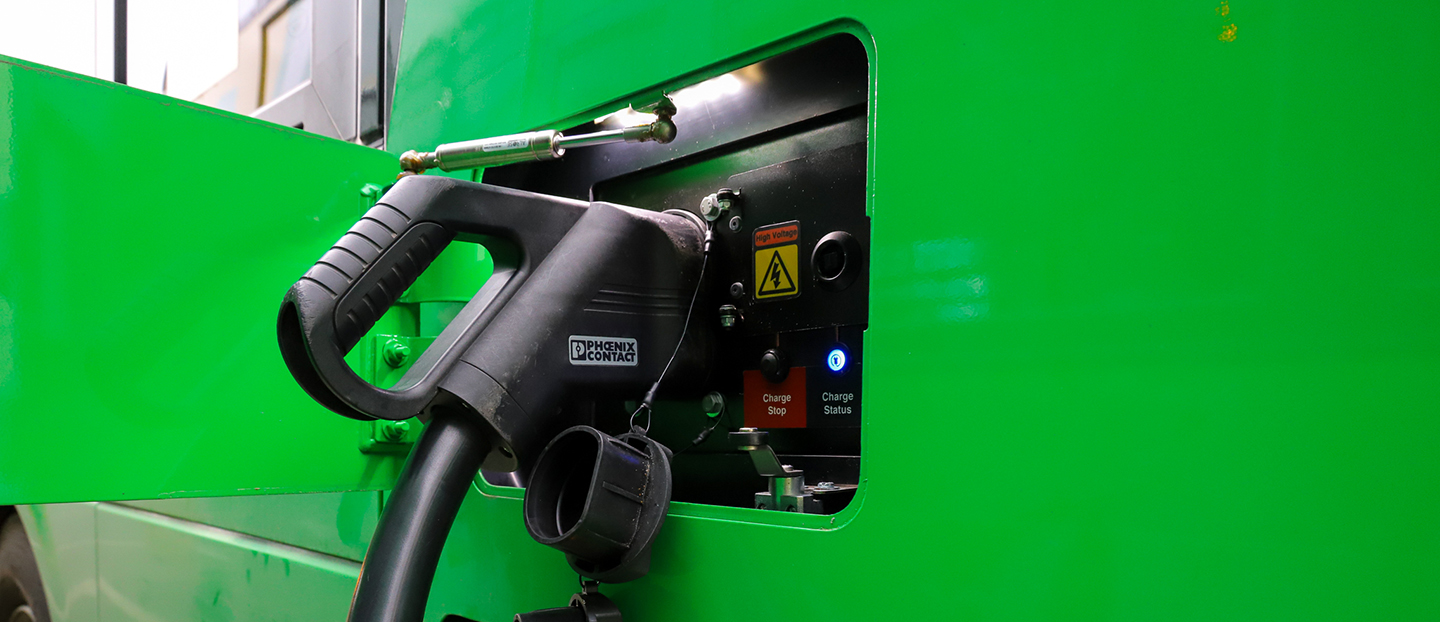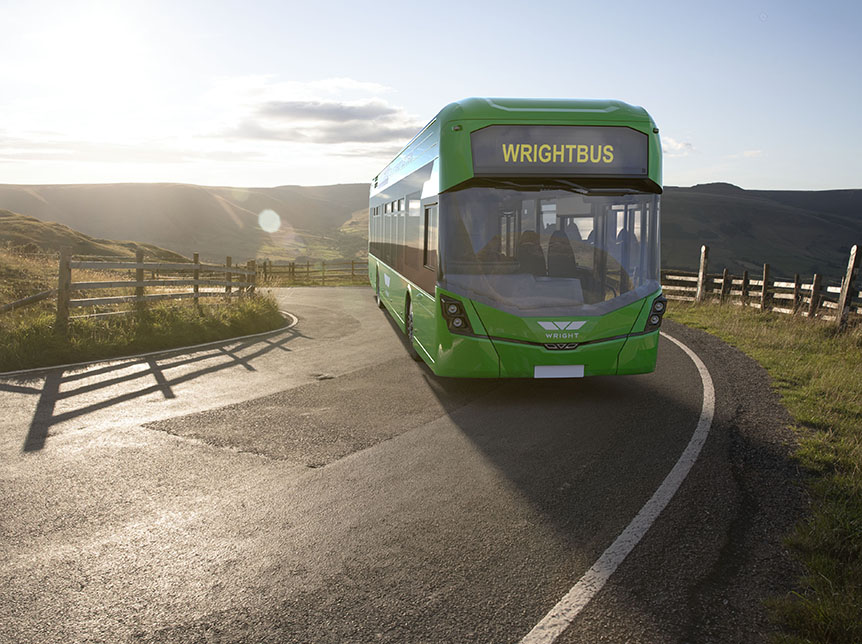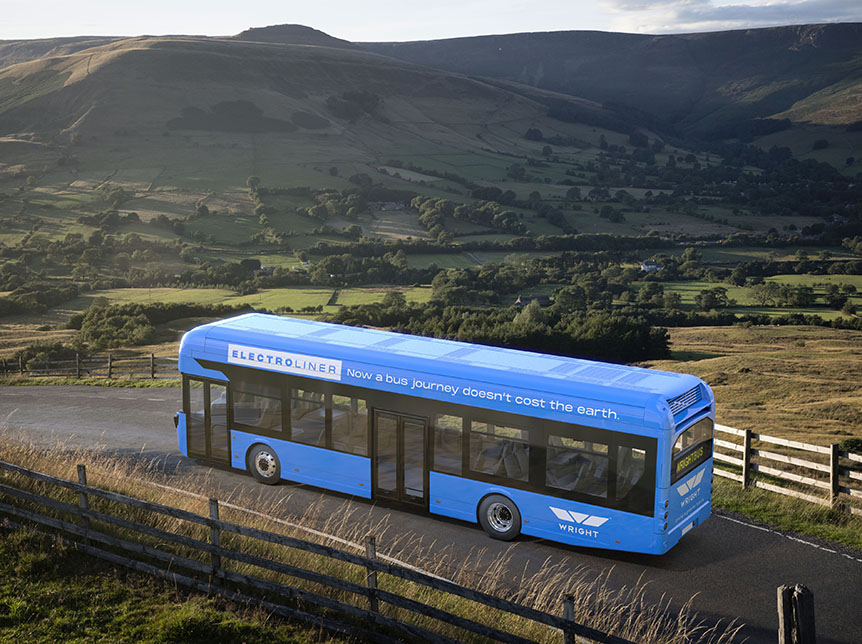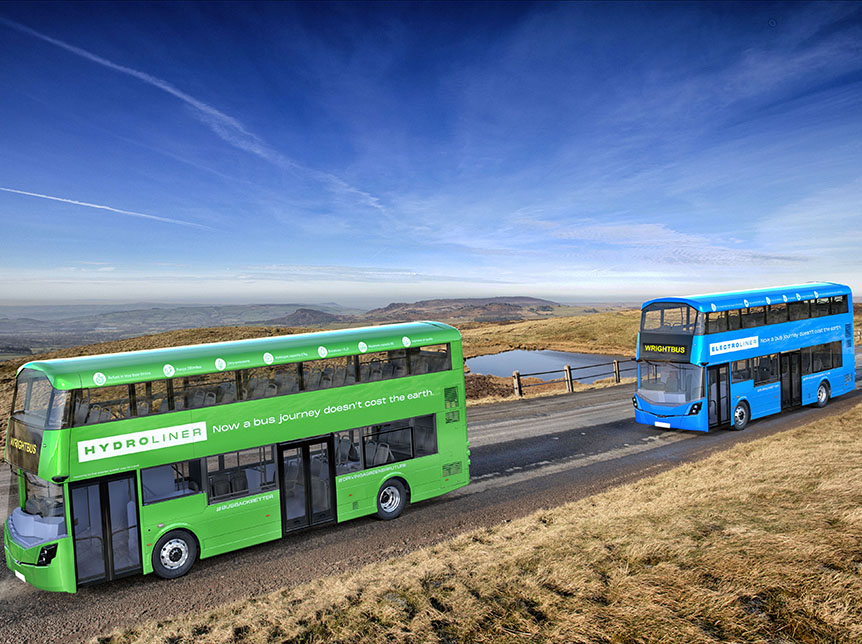
Zero-emission transport has become an increasingly important goal in the fight against climate change and air pollution. As cities around the world seek to reduce greenhouse gas emissions and improve air quality, the adoption of clean fuel buses has emerged as a key strategy for transitioning to more sustainable transportation systems.
Clean fuel buses are vehicles powered by alternative fuels that produce little to no harmful emissions during operation. These fuels include hydrogen, electricity, natural gas, and biofuels, each offering unique environmental benefits and challenges.
One of the most promising options for clean fuel buses is hydrogen fuel cell technology. Hydrogen fuel cell buses utilize hydrogen gas to produce electricity through a chemical reaction, emitting only water vapor as a byproduct. This makes them an ideal choice for zero-emission transport, particularly in urban areas where air quality is a concern.
Electric buses are another popular option for clean fuel transport. These buses are powered by rechargeable batteries, which store electricity generated from renewable sources such as solar or wind energy. Electric buses offer quiet operation, low maintenance requirements, and zero tailpipe emissions, making them an attractive choice for city fleets looking to reduce their carbon footprint.
Natural gas buses, powered by compressed or liquefied natural gas, are also gaining popularity as a clean fuel option. While natural gas combustion still produces some emissions, it is generally cleaner than diesel or gasoline and can help reduce greenhouse gas emissions and air pollution.
Biofuel buses, which are powered by renewable fuels derived from organic sources such as plant matter or waste materials, offer another sustainable option for clean fuel transport. Biofuels have the potential to significantly reduce carbon emissions compared to conventional fossil fuels, making them an attractive choice for environmentally conscious transit agencies.
In addition to their environmental benefits, clean fuel buses offer economic advantages such as reduced fuel costs, lower maintenance requirements, and improved energy efficiency. These factors, combined with growing public awareness and government incentives, are driving increased adoption of clean fuel buses in cities around the world.
Read more

Get in touch
Wrightbus has been at the forefront of transport innovation since 1946, relentlessly pushing the boundaries with its commitment to quality, style and safety.




